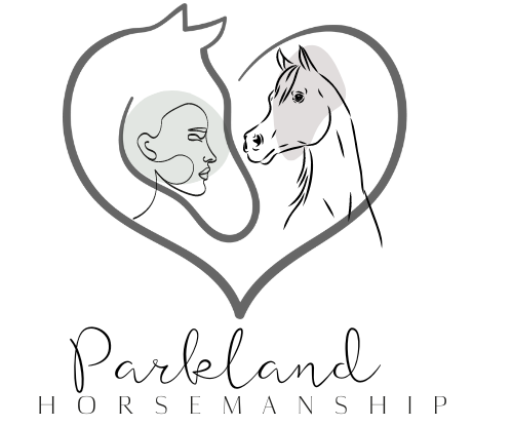An equine therapy session brings together a mental health therapist and horse handler for collaborative efforts that may include petting or grooming a horse, therapeutic riding sessions or hippotherapy under supervision of the therapist.
Equine therapy has the power to assist those struggling with depression, anxiety, posttraumatic stress disorder (PTSD) and eating disorders as well as building trust with those who have been through trauma or are facing relationship difficulties.
1. They Help You Build Confidence
Horses are prey animals and herd animals, making them highly responsive to their surroundings. Therefore, horses offer immediate feedback to humans they’re with as well as mirroring behavior and emotions – this makes them invaluable as therapy tools.
Horse therapy requires participants to stay present in the moment, helping people practice mindfulness – an effective technique for dealing with anxiety disorders and post-traumatic stress disorder (PTSD). Furthermore, its natural outdoor setting helps reduce stress levels and encourage relaxation.
Working with horses teaches individuals to remain confident when faced with unfamiliar and challenging environments, while grooming, leading or riding horses releases endorphins and boosts mood – these benefits help build confidence that can transfer into other relationships and areas of life – such as addiction or posttraumatic stress disorder (PTSD). A lack of confidence can often act as a roadblock when seeking treatment options.
2. They Help You Cope With Your Feelings
Horses have the unique ability to mimic people’s behaviors and emotions, helping people develop ways of recognising and managing their feelings more easily – this can be especially helpful for adolescents who may find verbal communication challenging.
Horses can provide an invaluable form of assistance if they sense an individual is feeling anxious, helping them process it safely and non-judgmentally. Equine therapy has proven itself an invaluable method for dealing with anger, depression, PTSD and other difficult topics that cannot easily be discussed within traditional therapy settings.
Horses are herd animals, making them highly sensitive to other members of their herd, including humans. This sensitivity teaches participants the value of trust and relationships – qualities which may prove helpful when managing conditions such as PTSD, ADHD or difficulties with attention and focus. Furthermore, horses’ sensitive nature teaches participants how to take charge of their environment for increased security.
3. They Help You Build Relationships
Horses make ideal therapy tools due to their ability to mirror human behavior, physical movements and emotions. Furthermore, horses are impartial and nonjudgmental creatures which respond only when approached or approached with intent by people.
EAP horses are gentle, friendly, and forgiving creatures – not the huge, intimidating horses seen out and about. While dogs, cats, and elephants can also be used therapeutically in EAP settings, horses tend to be the go-to animal due to their size and the ability to provide immediate feedback about people’s interactions with them.
As adolescents interact with horses, they must take risks in order to establish trust and form healthy bonds between themselves and the horse. This allows them to learn new communication and relationship-building strategies with one another in a healthy manner. Natural Lifemanship, also known as NL, can be integrated with cognitive behavioral therapy or EMDR and offers unique approaches that combine psychotherapy and horsemanship skills (such as starting mustangs). A licensed therapist must work in collaboration with an equine specialist.
4. They Help You Develop New Skills
As opposed to most animals, horses are very perceptive creatures that can pick up on human emotions without needing words to communicate them. According to research published in Current Biology, researchers discovered that horses have the capability of picking up these emotions without prompting from humans.
Interacting with horses offers participants an opportunity to develop new skills such as patience, creativity and the ability to think quickly on their feet. Engaging in physical activities such as grooming or leading an animal helps reduce depression.
Working with horses also enables individuals to develop important coping skills like mindfulness and acceptance. Horses don’t judge or discriminate; therefore, they provide an unjudgmental presence for those experiencing mental health challenges.
Interacting with horses requires significant physical and emotional strength, which is why equine therapy may not be suitable for everyone. For instance, those suffering from unstable emotions may find it challenging to work with such large, powerful creatures. For effective sessions to take place, each session should be led by both an experienced equestrian and mental health professional.

